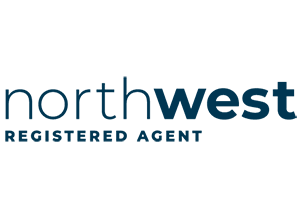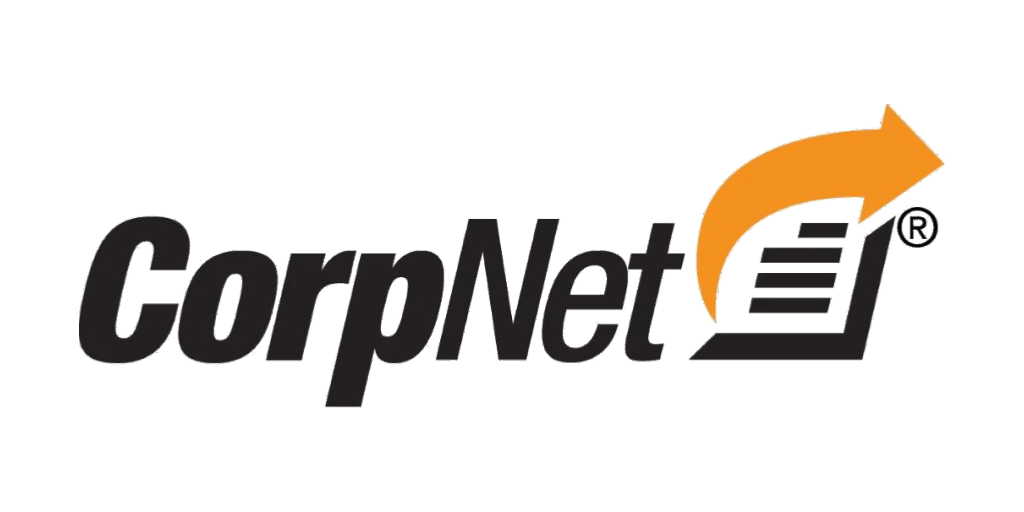Best CRM Software of 2025
Compare the top CRM platforms to streamline sales, boost customer relationships, and grow your business

Staff Writer
Arorix Editorial Team
Updated: June 14, 2025
1
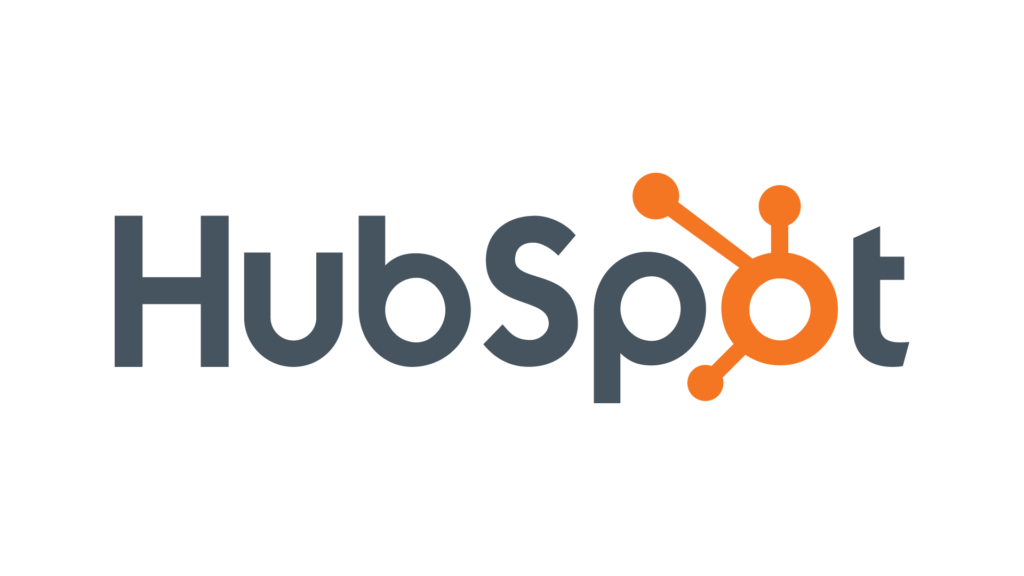
9.8
EXCELLENT
Best for Growing Businesses
- Free core CRM | Paid from $50
- Sales + marketing tools built-in
- Scales with your team
2

9.5
EXCELLENT
Best for Budget Flexibility
- Free for 3 users | Paid from $14
- Custom workflows + automations
- Great for lean startups
3

9.0
EXCELLENT
Best for Sales-Focused Teams
- From $15/user
- Drag-and-drop pipeline
- Great for deal tracking
4

8.8
EXCELLENT
Best for Task + CRM Hybrid
- Free for 2 users | Paid from $10
- Visual CRM + task boards
- Ideal for small project teams
5

8.5
EXCELLENT
Best for AI Sales Automation
- Free plan | Paid from $15
- Built-in phone + lead scoring
- AI tools for small teams
6

8.0
EXCELLENT
Best for Solo Founders
- From $19/month
- Proposals, invoices, payments
- Built for service businesses
7

7.8
EXCELLENT
8
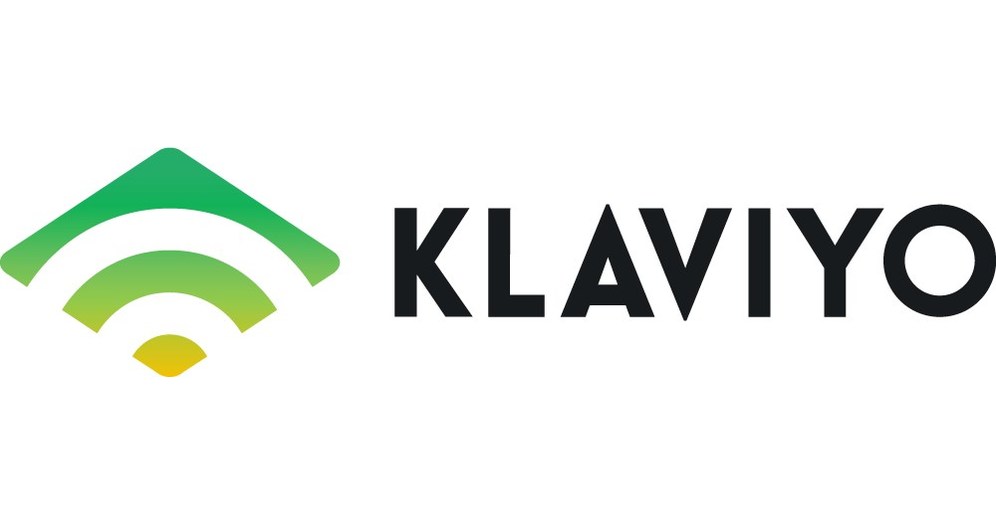
7.5
EXCELLENT
Best for E‑Commerce Stores
- Free up to 250 contacts
- Email + SMS automation
- Built for Shopify & DTC brands
9
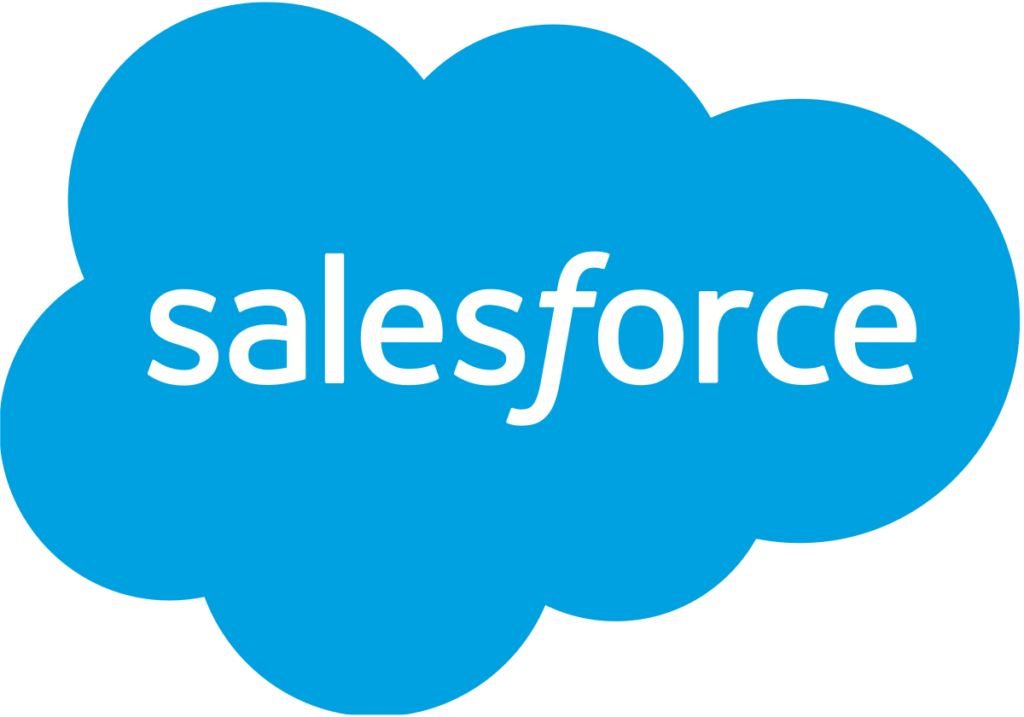
7.0
EXCELLENT
Best for Advanced Customization
- From $25/user
- Powerful CRM tools
- Can be overkill for small teams
Looking for a Complete All-in-One Solution?

9.9
Best Overall Business Launch Solution
- EIN, docs, & custom branding included
- Access to Arorix OS™ business dashboard
- Website, CRM, and automation tools built-in
Our Top 3 Services
Best for Growing Businesses
- Free core CRM | Paid from $50
- Sales + marketing tools built-in
- Scales with your team
9.8
2

Best for Budget Flexibility
- Free for 3 users | Paid from $14
- Custom workflows + automations
- Great for lean startups
EXCELLENT
3

Best for Sales-Focused Teams
- From $15/user
- Drag-and-drop pipeline
- Great for deal tracking
9.0
4

Best for Task + CRM Hybrid
- Free for 2 users | Paid from $10
- Visual CRM + task boards
- Ideal for small project teams
EXCELLENT
5

Best for AI Sales Automation
- Free plan | Paid from $15
- Built-in phone + lead scoring
- AI tools for small teams
8.5
EXCELLENT
6

Best for Solo Founders
- From $19/month
- Proposals, invoices, payments
- Built for service businesses
8.0
7

Best for B2B Client Projects
- From $29/user
- Client + project tracking
- Great for consultants
7.8
8

Best for E‑Commerce Stores
- Free up to 250 contacts
- Email + SMS automation
- Built for Shopify & DTC brands
7.5
9

Best for Advanced Customization
- From $25/user
- Powerful CRM tools
- Can be overkill for small teams
7.0
Looking for a Complete All-in-One Solution?

Best Overall Business Launch Solution
- EIN, docs, & custom branding included
- Access to Arorix OS™ business dashboard
- Website, CRM, and automation tools built-in
9.9
How to Choose the Right CRM for Your Small Business
Identify Your Needs – Decide if you need lead tracking, sales automation, email marketing, or all-in-one tools
Prioritize Ease of Use – Look for a clean dashboard, simple setup, and low learning curve
Check Integrations – Make sure it works with your email, calendar, website, and other key tools
Consider Your Team Size – Choose a CRM that fits your current team but can scale as you grow
Review Pricing & Support – Compare plans, hidden fees, and whether support is responsive and helpful
CRM Features That Matter for Growing Entrepreneurs
-
Lead & Pipeline Management – Track prospects, deals, and conversions in one place
-
Automation Tools – Save time with auto-emails, task reminders, and workflow triggers
-
Reporting & Analytics – Get clear insights on sales, performance, and customer behavior
-
Multi-Channel Communication – Centralized email, SMS, and call tracking
-
Integrations – Seamlessly connect with tools like Stripe, Zapier, Google Workspace, and more
Expert Tip: Start With Free, Then Upgrade
Test out a free CRM to learn what features matter most for your workflow. Once your business grows—or you hit limits like user caps or automation rules—upgrade only when it adds real value.
Don’t pay for tools you’re not using. Let your growth guide your spend.
Which CRM Is Best for Your Business?
Solo Entrepreneurs & Freelancers
→ HoneyBook – All-in-one CRM with contracts, invoicing, and payments built for service-based pros.
New LLCs or Startups
→ HubSpot CRM – Free, beginner-friendly, and scales with tools like contact and marketing automation.
Service-Based Businesses
→ Pipedrive – Visual sales pipeline with simple lead tracking and follow-up features.
Creative Teams & Project-Based Businesses
→ Monday.com – Drag-and-drop system to manage tasks and client workflows together.
E-Commerce Brands
→ Klaviyo – Behavior-driven email + SMS built for Shopify, WooCommerce, and online selling.
Small Teams Planning to Scale
→ Zoho CRM – Budget-friendly, automation-ready, and easy to integrate across tools.
Consultants & B2B Firms
→ Insightly – CRM + project management for long-term client relationships and delivery.
Scaling Companies
→ Salesforce Essentials – Enterprise-grade features and deep customization for growing ops.


